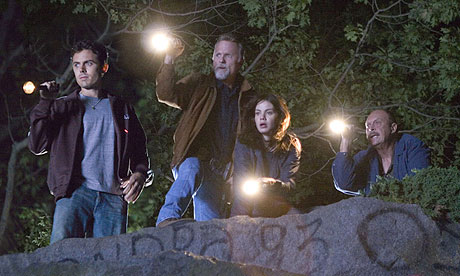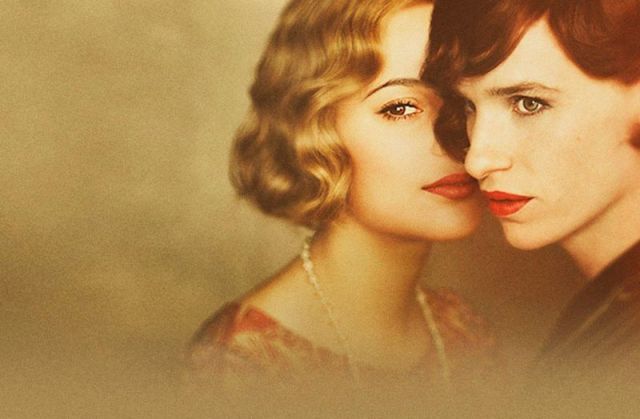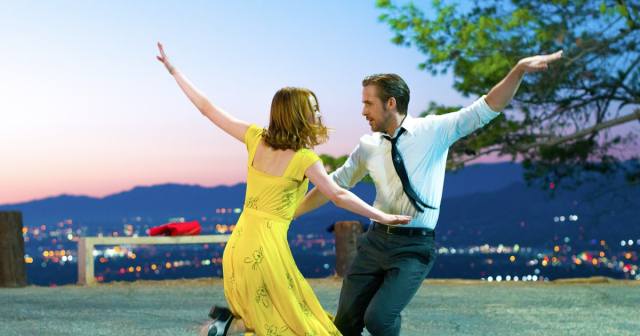
‘Here’s one for the dreamers’
La La Land, Damien Chazelle’s next film after the critically acclaimed, Oscar-nominated Whiplash, is a comedy-drama musical starring Emma Stone and Ryan Gosling. The film is the story of two dreamers, Mia and Sebastian, who live in Los Angeles and dream of becoming a famous actress, and reinvigorating jazz music respectively. Both feel passionately about their dreams, but are both equally frustrated about the lack of progress they are making. They meet at a time in their lives where they’re both at a crossroads about whether their dreams are ever going to come true, and whether maybe its time they ‘grow up’ and accept they’re never going to make it.
This movie blew me away. I had a feeling I was going to love it, purely based on the director, cast and trailers but I had no idea it was going to emotionally affect me in the way it did. The film is bittersweet, it really asks the question if dreamers can really pursue relationships when they are so focused on pursuing their vocation. As someone who has always felt their dreams to be too big, this is an idea I can relate to, the relentless need to pursue your passion, but at what cost for your personal life and relationships? The film, although showing how beautiful Hollywood is, isn’t afraid to show that it is cutthroat, unromantic and difficult. The audience is rooting for these characters so much, we are almost as passionate about them achieving their goals as they are. I became emotionally invested in not only Mia and Sebastian’s dreams, but about their relationship. Emma Stone and Ryan Gosling have such natural chemistry that it bursts off the screen; every moment of their relationship is believable and authentic, beautiful yet utterly heartbreaking. I sincerely hope they both get nominated for every award possible for their performances. I’m already thrilled at their Golden Globe success.
Damien Chazelle is a genius. Whiplash was my favourite movie of 2014 and has safely got a spot in my favourite movies of all time. Chazelle is clearly fond of music, jazz in particular – it was great to see JK Simmons make an appearance in this movie again. There are familiar ideas in La La Land and Whiplash, but the films are incredibly different in tone. He has created two endlessly rewatchable masterpieces that will be remembered as some of the best films of the 21st century. I am so excited to see what he is going to do next. For such a young director, it is awe-inspiring to see just how talented he is. It’s quite mind-blowing. If he continues on this path, he will be one of the biggest directors in Hollywood, no doubt.
La La Land is a film everyone should see, even if you don’t like musicals. If you’re a dreamer or perhaps even a romantic, this film will get to you emotionally. If you’re just someone who likes good movies, see it. Every shot is beautiful, every frame, every colour. And every song is beautiful – the soundtrack will be on repeat on my Spotify for the next few weeks. I sincerely hope this film gets all the recognition it deserves, and I expect to see (hopefully) a lot more original musicals pushing through into the mainstream.
La La Land obviously gets a 5/5. Perfect in every way.
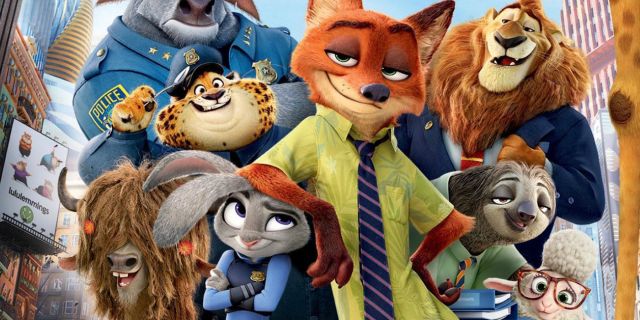
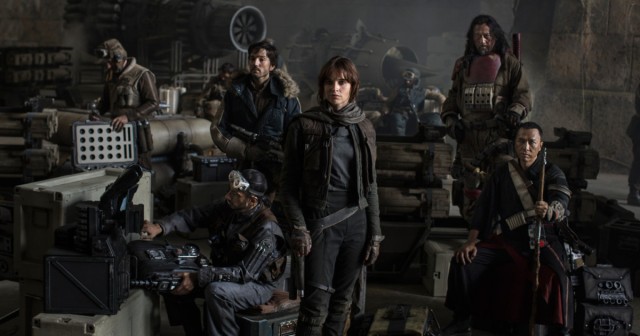 The much anticipated Rogue One burst into cinemas this week, the first of the Star Wars Anthology movies – one-off stories that take place within the Star Wars universe but are separate to the episodes. Rogue One, directed by Godzilla’s Gareth Edwards, tells the story told in the opening crawl of A New Hope, of the group of rebels who stole the plans to the Death Star.
The much anticipated Rogue One burst into cinemas this week, the first of the Star Wars Anthology movies – one-off stories that take place within the Star Wars universe but are separate to the episodes. Rogue One, directed by Godzilla’s Gareth Edwards, tells the story told in the opening crawl of A New Hope, of the group of rebels who stole the plans to the Death Star.